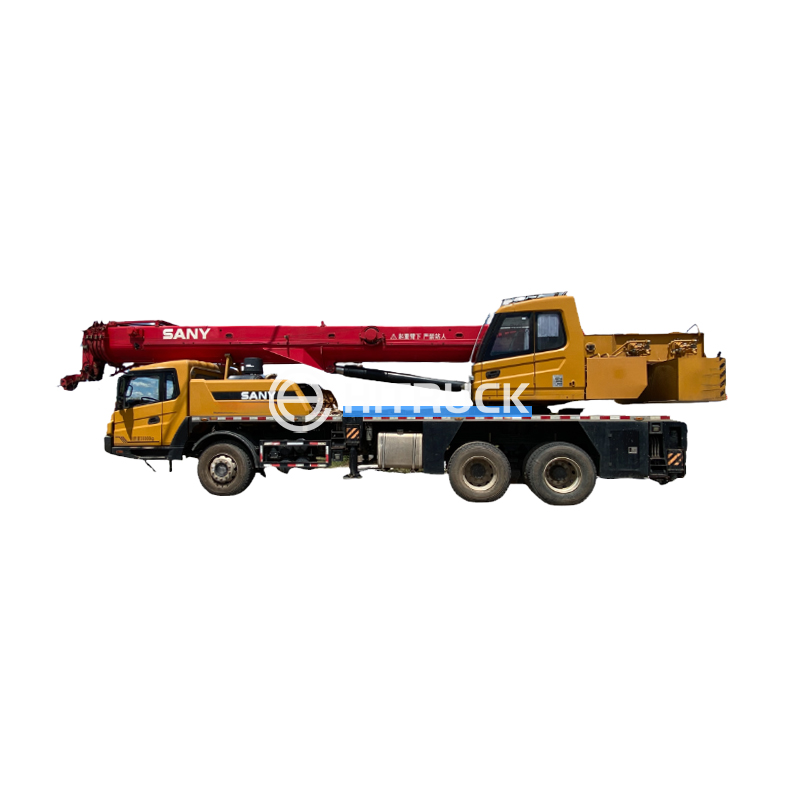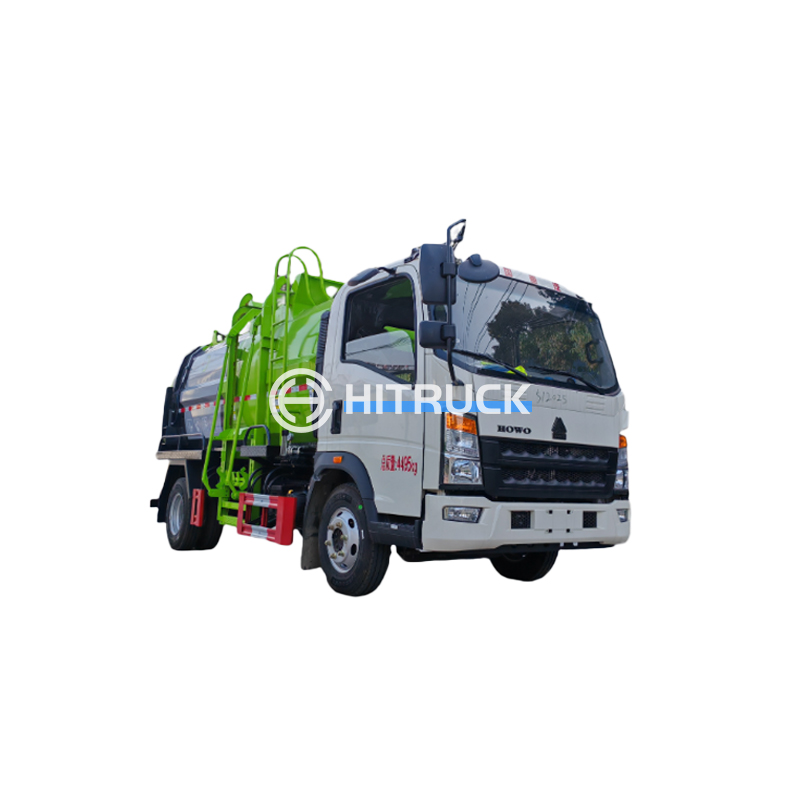This comprehensive guide explores the world of 740 water trucks, helping you understand their features, applications, and how to select the right one for your needs. We'll cover various aspects, from tank capacity and pump types to legal considerations and maintenance. Choosing the optimal 740 water truck requires careful consideration of several key factors, and this guide will equip you with the knowledge to make an informed decision.
The 740 in 740 water truck often refers to a specific tank capacity, though this can vary depending on the manufacturer. It's crucial to clarify the exact tank volume (usually measured in gallons or liters) before purchasing. Other dimensions, like overall length, width, and height, are also crucial for navigating roads and accessing job sites. Consider your typical routes and operational area when choosing these dimensions.
740 water trucks utilize various pump types, each with its own strengths and weaknesses. Centrifugal pumps are common for their high flow rates, while positive displacement pumps are favored for high-pressure applications. Understanding the pump's pressure and flow rate is essential for efficient water delivery. The pump's horsepower rating is directly related to the pumping capacity.
The chassis and engine of a 740 water truck significantly influence its reliability, fuel efficiency, and overall lifespan. The engine's horsepower and torque ratings are vital for hauling heavy loads and navigating challenging terrains. The chassis should be robust enough to withstand the stresses of water transportation and frequent operation. Look for durable components and reliable brands.
740 water trucks are invaluable in construction, providing water for dust suppression, concrete mixing, and general site hydration. Their large capacity ensures continuous operation without frequent refills.
Farmers rely on 740 water trucks to irrigate crops, especially in areas with limited access to centralized water systems. The choice of pump and tank size is determined by the specific irrigation needs of the farm.
Municipal services often utilize 740 water trucks for street cleaning, fire suppression support, and emergency water distribution. In these applications, reliability and maneuverability are particularly important.
Selecting the ideal 740 water truck necessitates a thorough evaluation of your specific requirements. Consider the following factors:
| Factor | Considerations |
|---|---|
| Tank Capacity | Daily water needs, refill access |
| Pump Type & Power | Required pressure and flow rate, application type |
| Chassis & Engine | Terrain conditions, hauling needs, fuel efficiency |
| Budget | Initial cost, maintenance expenses, operational costs |
For a wider selection of heavy-duty trucks, including 740 water trucks, consider exploring options from Suizhou Haicang Automobile sales Co., LTD. They offer a range of models suitable for diverse applications. Remember to consult with industry experts and obtain quotes from multiple suppliers before making your final decision.
Regular maintenance is key to extending the lifespan and ensuring the safety of your 740 water truck. This includes routine inspections of the engine, pump, and chassis, as well as regular fluid changes. Adhering to safety regulations, including proper signage and operator training, is paramount.
By carefully considering these factors and conducting thorough research, you can confidently select the right 740 water truck to meet your specific needs and operational demands.












